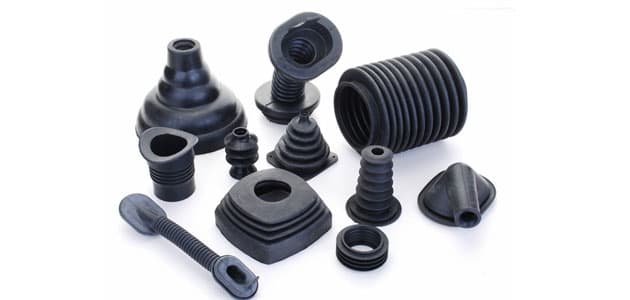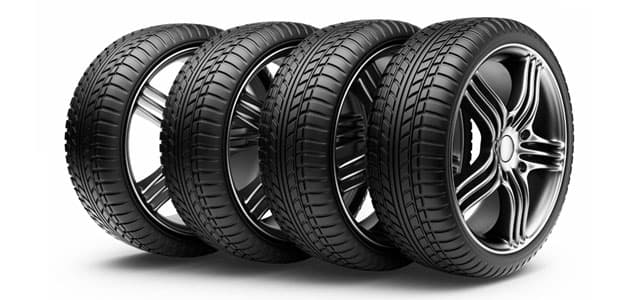
Analysis of carbon black indicator
2020-04-26
Technical parameters of purchasing equipment for pigment carbon black
2020-04-26The relationship between characteristics and application of pigment carbon black

1.Blackness and Particle Size
Blackness is directly related to the particle size of carbon black. The smaller the particle size, the larger the specific surface area, and the higher the blackness of carbon black.This is because although the primary particles have been fused to the primary aggregates, their specific surface area still work.When the primary particles are fine, the specific surface area of the aggregates is larger. The color is darker and the UV protection is better.Because the light absorption rate of fine particle carbon black is higher than that of coarse particle carbon black, the tinting strength is stronger. However, when the particle size decreases, the blue light is preferentially absorbed and the color tone becomes a brown phase.
The fine primary particles give the carbon black a larger specific surface area and increase the difficulty of dispersion. Generally, the surface treatment can adjust the wettability and improve the dispersibility.
| Property | High specific surface area small particle size | Low specific surface area large particle size |
| Main color blackness | Deeper | Shallower |
| Colorability | Higher | Lower |
| Viscosity | Higher | Lower |
| Conductivity | Higher | Lower |
| Ultraviolet absorption | Better | Worse |
| Dispersion | More difficult | More easier |
| Wetting | Slower | Faster |
| Cost | Higher | Lower |
2.Structure
Carbon black particles not only exist in the form of primary particles, but also produce fused agglomerates. The condensate consists of protoparticles held together by chemical bonds. In the process of coagulation, the carbon black composed of a large number of primary agglomerates of chain branches is called high-structure carbon black. The carbon black, which is composed of fewer primary particles, is called low-structure carbon black.
The structure of carbon black is the form of carbon black aggregate. Generally, the more the chain branches are, the higher the structure is; otherwise, the lower the structure is. The influence of carbon black structure on the performance is shown in the following table:
Effect of carbon black structure on properties
| Property | High structure | Low structure |
| disperse | easier | harder |
| conductivity | higher | lower |
| wetting | slower | quicker |
| viscosity | higher | lower |
| The main color black | lower | higher |
| Filler content | lower | higher |
| gloss | lower | higher |
| Tinting strength | lower | higher |
3.Surface Chemistry
The surface chemical properties of carbon black vary with different production methods. The surface of carbon black has different oxygen-containing functional groups (such as carboxyl group, inner lipid group, phenolic group, carbonyl group, etc.) Generally contains the oxygen functional group high carbon black, volatile high, its tone adjustable performance is good, its fluidity is also high. After the carbon black sample was heated to 825±25oC, the carbon black volatiles were expressed as 100 weight loss. The more oxygen-containing carbon black, the more volatile it is.
4.Hygroscopicity and density
Carbon black is a substance with a large surface area, so it has certain hygroscopicity. The moisture absorption of medium carbon black is mainly determined by the surface area. Measures can be taken to reduce the hygroscopicity of products, especially during packaging, storage and transportation. Because moisture (moisture absorption) is too high will bring trouble to the processing process, so it is required to have special packaging for certain varieties of carbon black.
Whether powder or granular pigment carbon black is used for a given plastic blend depends on the type of dispersion and the properties of the resin, but the processing capacity is also an important factor. Most dispersing devices can apply shear forces that are sufficient to disperse the particles evenly.

